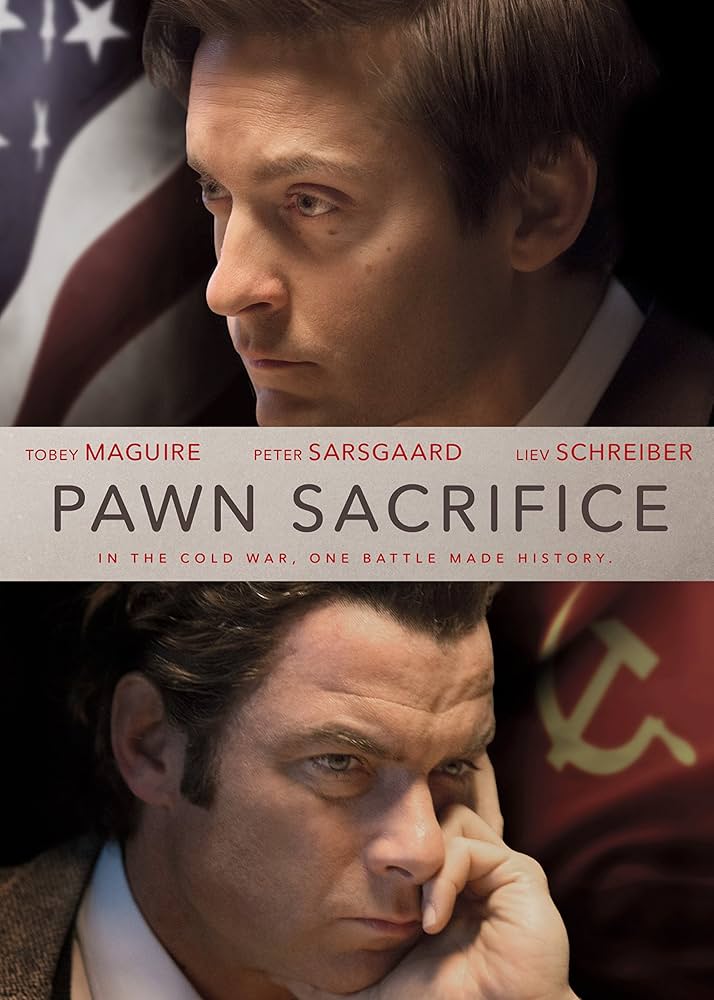The Chessboard of History: Henry Kissinger, Bobby Fischer, and the Cold War
The death of Henry Kissinger, a pivotal figure in modern diplomacy and U.S. foreign policy, sparked widespread tributes from politicians worldwide. His influence, notably in shaping American foreign policy post-World War II during the Cold War, remains significant.
Kissinger's Diplomatic Mastery
Kissinger, known for his diplomatic brilliance, was portrayed in the film "Pawn Sacrifice", which highlighted his cunning in using a solitary game to enhance America's image during its Cold War struggle with the Soviet Union. This film also explores the genius of Bobby Fischer, the greatest chess player in history.
Bobby Fischer: Chess and Beyond
Bobby Fischer, renowned for his eccentric behavior driven by his passion for chess, managed to overturn Russian dominance in the game. Despite his odd behaviors, he challenged and defeated numerous opponents, including the then-world champion, Boris Spassky.
The Iconic Match: More Than a Game
Fischer's absence from a critical match in their series, attributed to his discomfort with excessive media attention and suspicion of intense Russian surveillance, led to U.S. intervention. The U.S. Secretary of State viewed this not just as a game, but as a chessboard symbolizing the Soviet-American global struggle.
Fischer's Victory and Its Impact
Fischer eventually played and won the World Championship, transcending the boundaries of chess. This victory, amidst American defeats like the Vietnam War, was a morale boost for the U.S. and a symbolic defeat for the Soviets, elevating Fischer to a war hero status in American media.
Fischer's Controversial Legacy
Despite being hailed as the best chess player ever, Fischer later denounced American political actions and became a fugitive after refusing to condemn the 9/11 attacks, viewing them as a response to U.S. expansionism. He died in Iceland, evading authorities, yet his role in the "Match of the Century" remains linked with Kissinger's narrative.
Finally
The intertwined stories of Kissinger and Fischer reflect a complex tapestry of political and personal battles, echoing the broader ideological conflicts of their era. Their legacies, whether in diplomatic halls or on the chessboard, continue to influence perspectives on the Cold War and beyond.
@ٍSource





